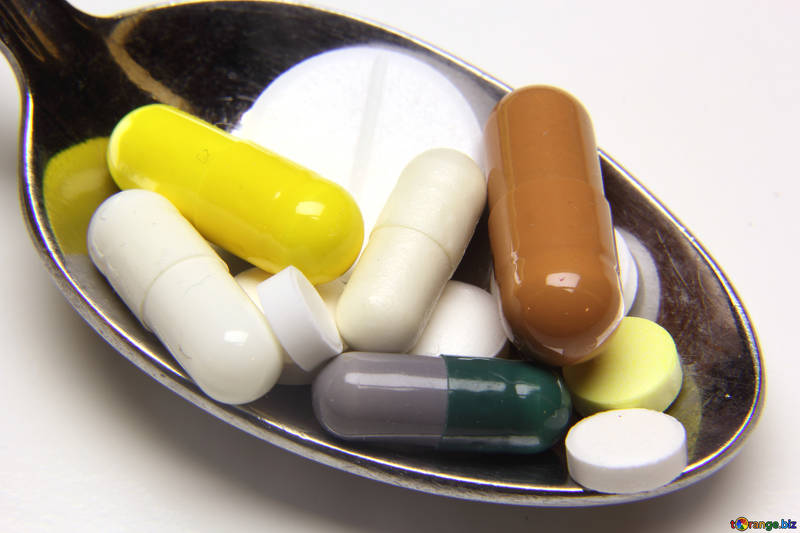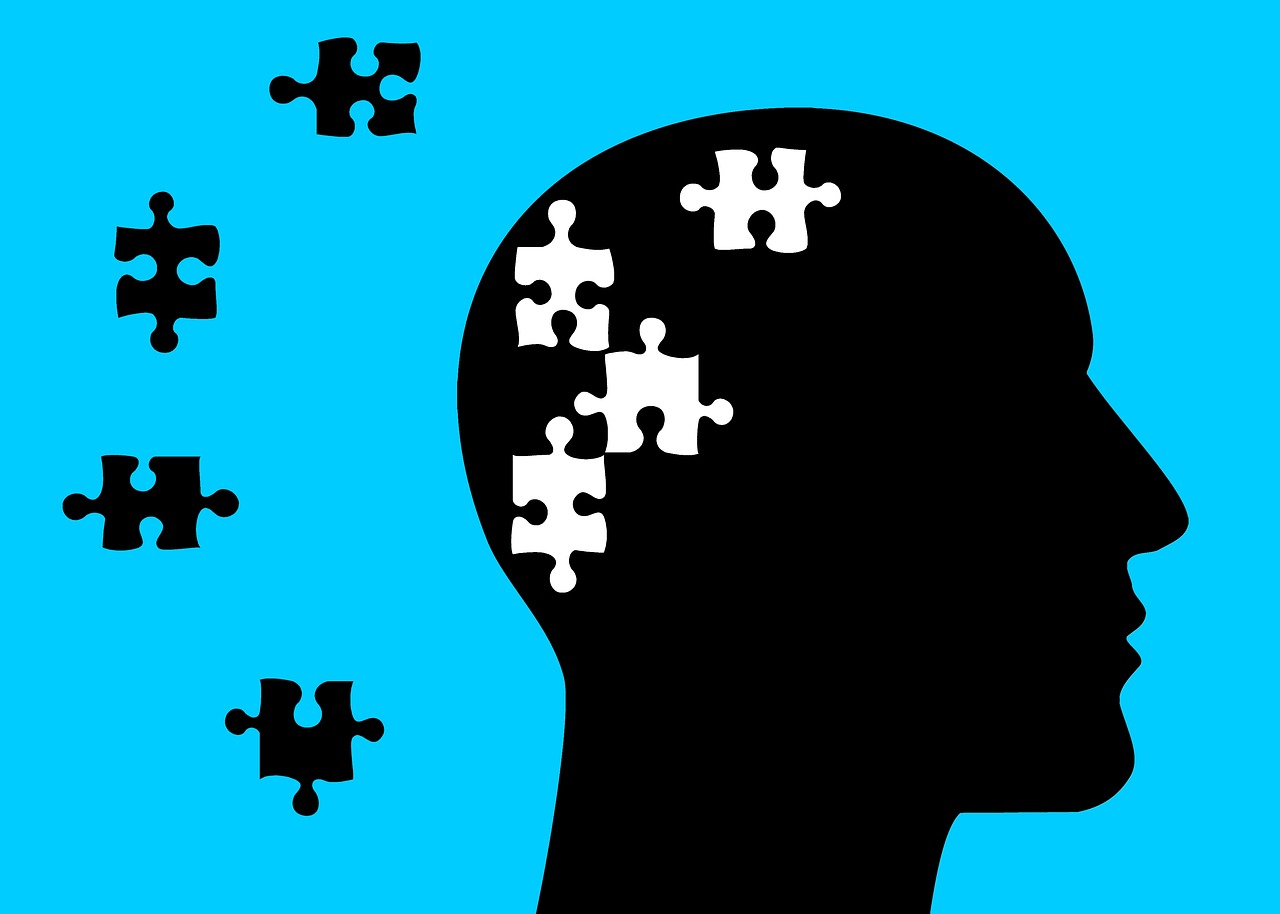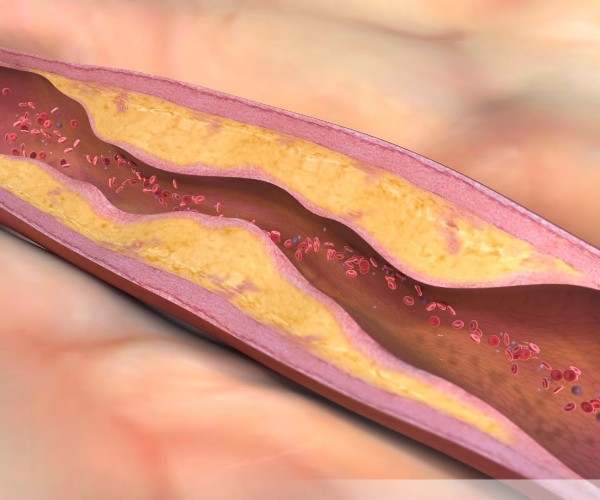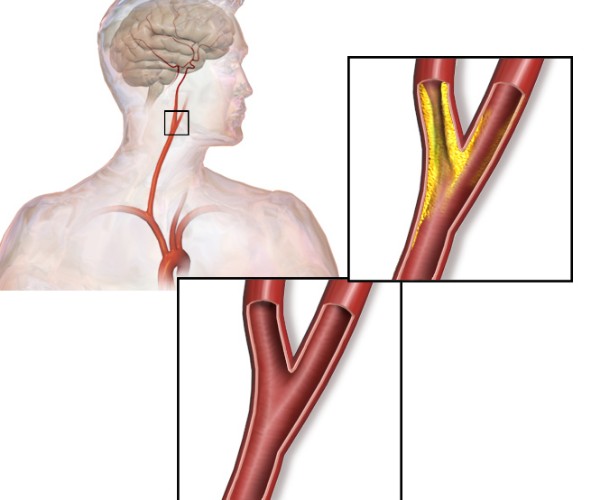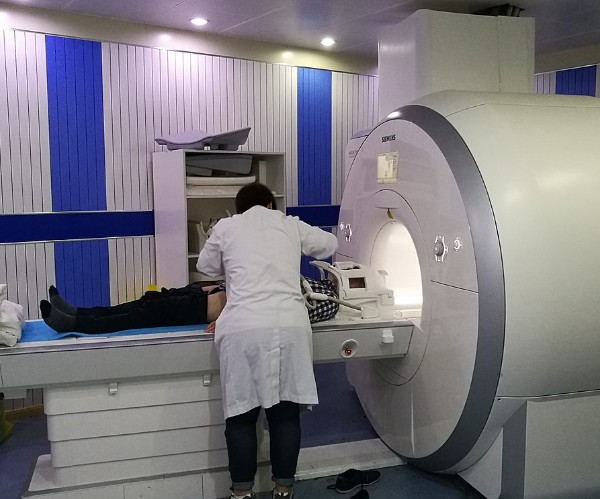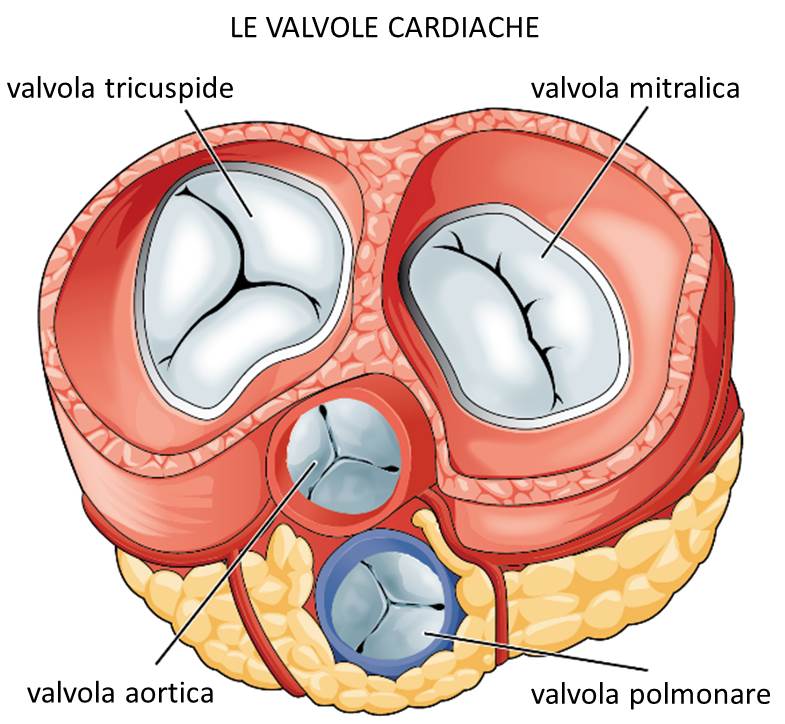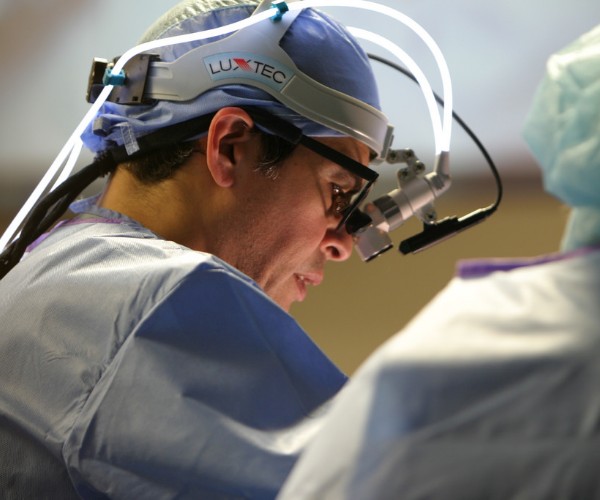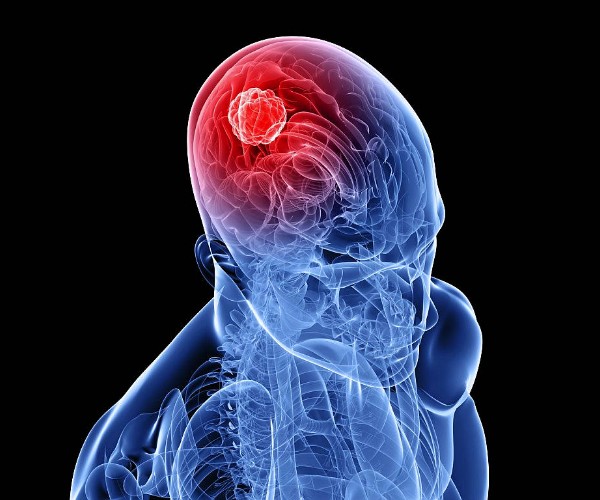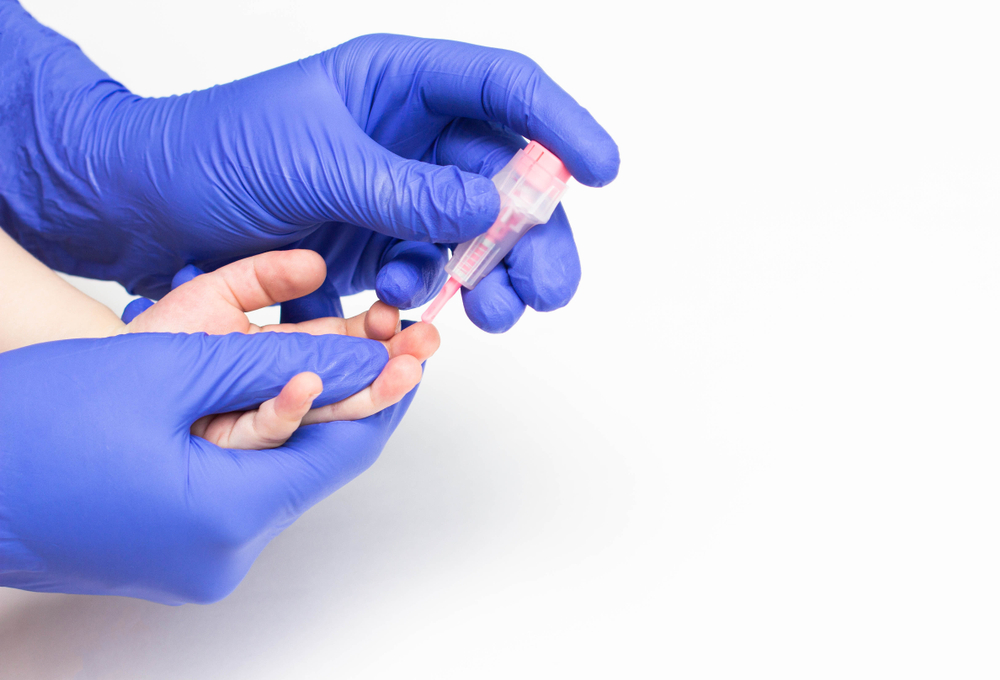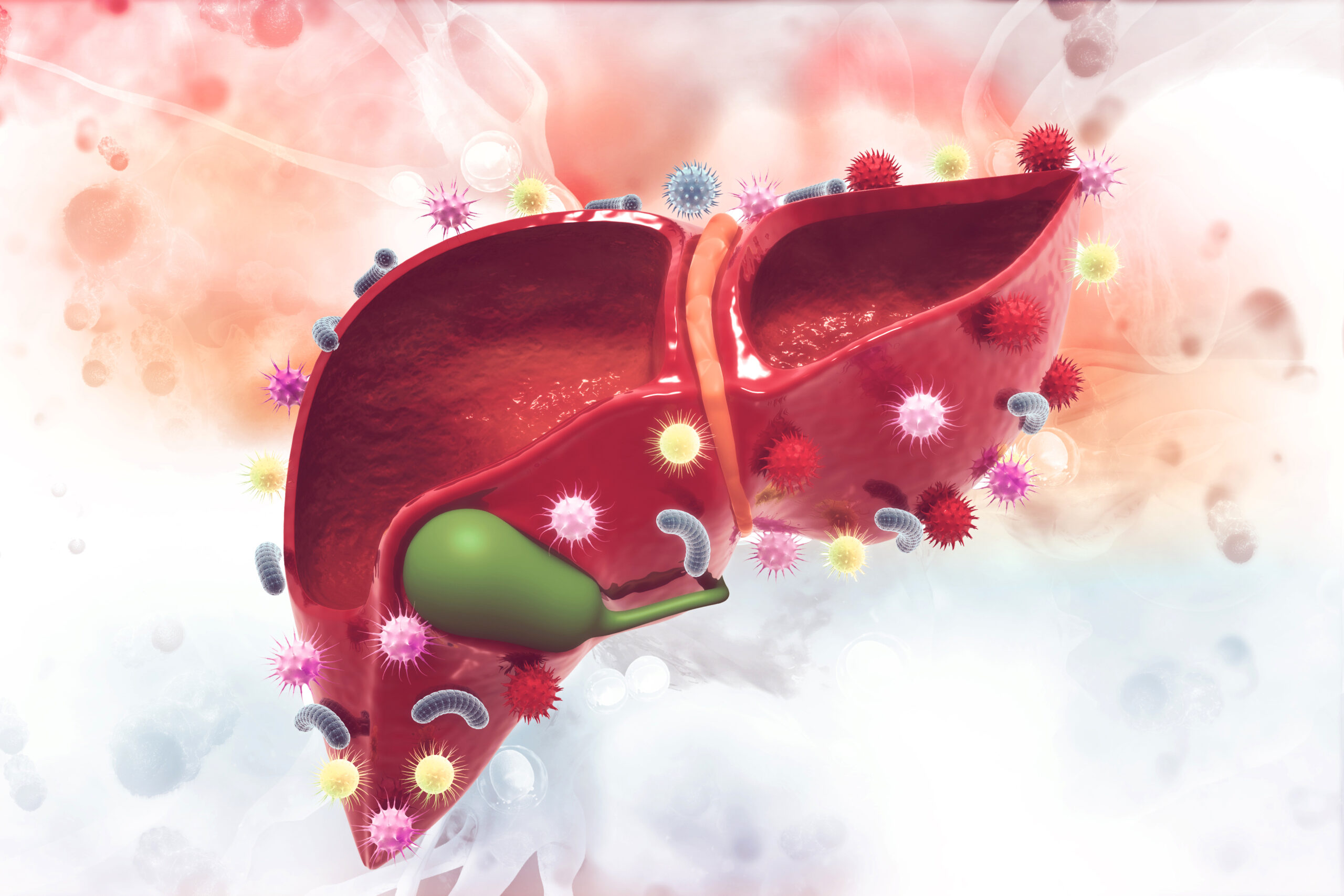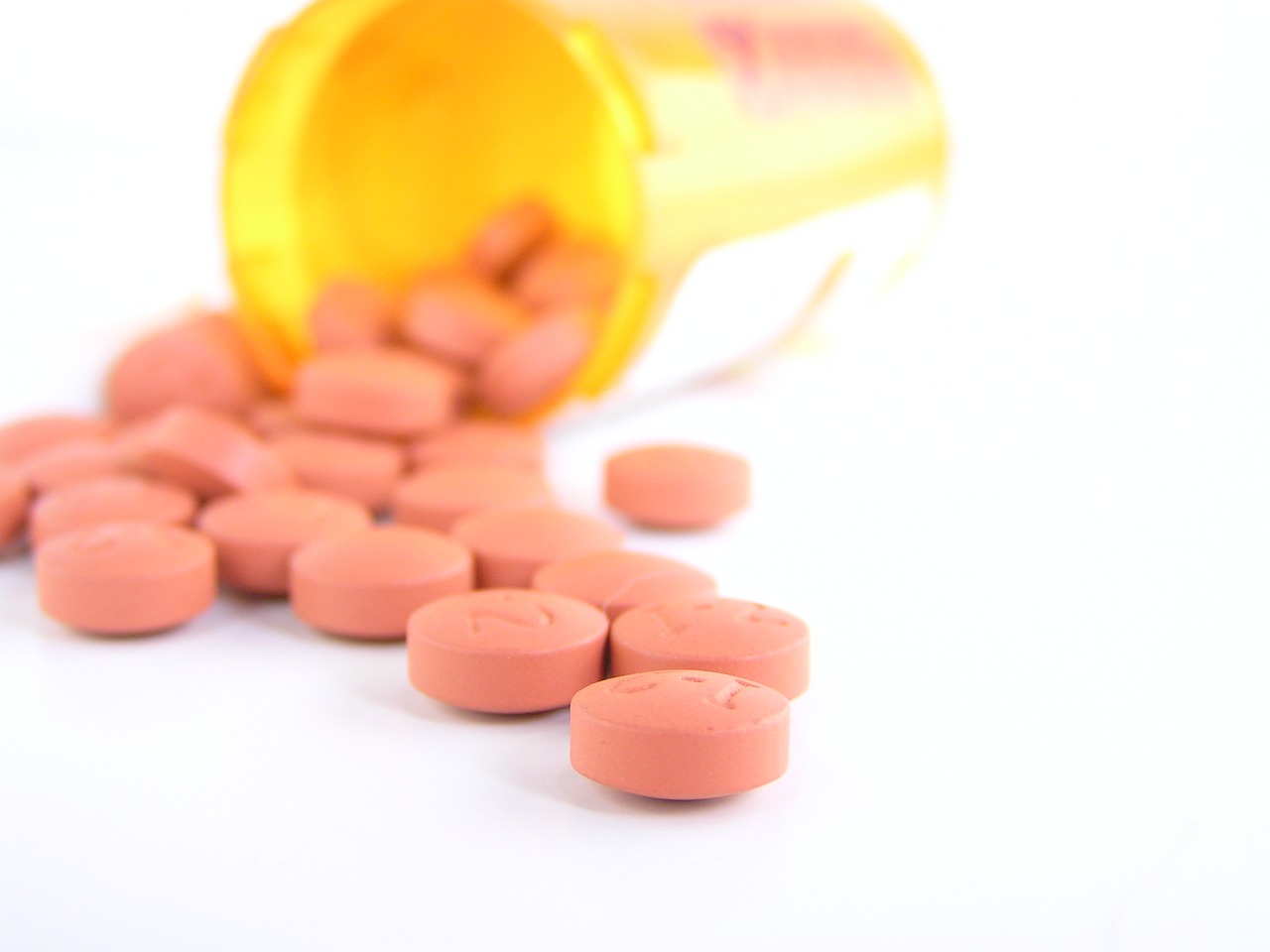Bipolar disorder is known to involve abrupt mood swings from a high euphoric state to sudden falls into depression.
It is a disorder that can affect all age groups, sexes, and populations.
Genetics may explain why some people have a tendency toward bipolar disorder, research having observed a generational incidence of the disorder.
But can prevention be done with bipolar disorder?
Prevention with this disorder is not comparable to that required for other clinical conditions, such as metabolic or cardiovascular diseases, as it is a disturbance of mind concerning the sphere of themood, but intervening early at the first signs of mental illness is a definite advantage with respect to the future condition of the sick person, thus preventing the worsening of the disease.
Those diagnosed with bipolar disorder, and also their families, should be advised to pay attention to some minor symptoms as well, which may be precursors to manic episodes or severe bouts of depression.
If you have been diagnosed with bipolar disorder, some strategies can help prevent minor symptoms from becoming full-blown episodes of mania or depression:
- Some signs should be kept in mind, such as the symptoms of the early stage of the disease.
It is important for the patient to understand the mechanisms that can give rise to a symptom that then paves the way for a manic or depressive episode. - Learn how to decipher the right signs before you fall into the vortex of a crisis, sharing this preventive system with your doctor and even your loved ones.
- Alcohol and drugs cannot make you feel better but only worsen the symptoms by promoting their return.
- Drug treatment should be assiduous and faithful to the prescription, without suspension or modification. Any alteration to therapy could cause the patient to experience discomfort such as withdrawal symptoms or even increased disease symptoms.




